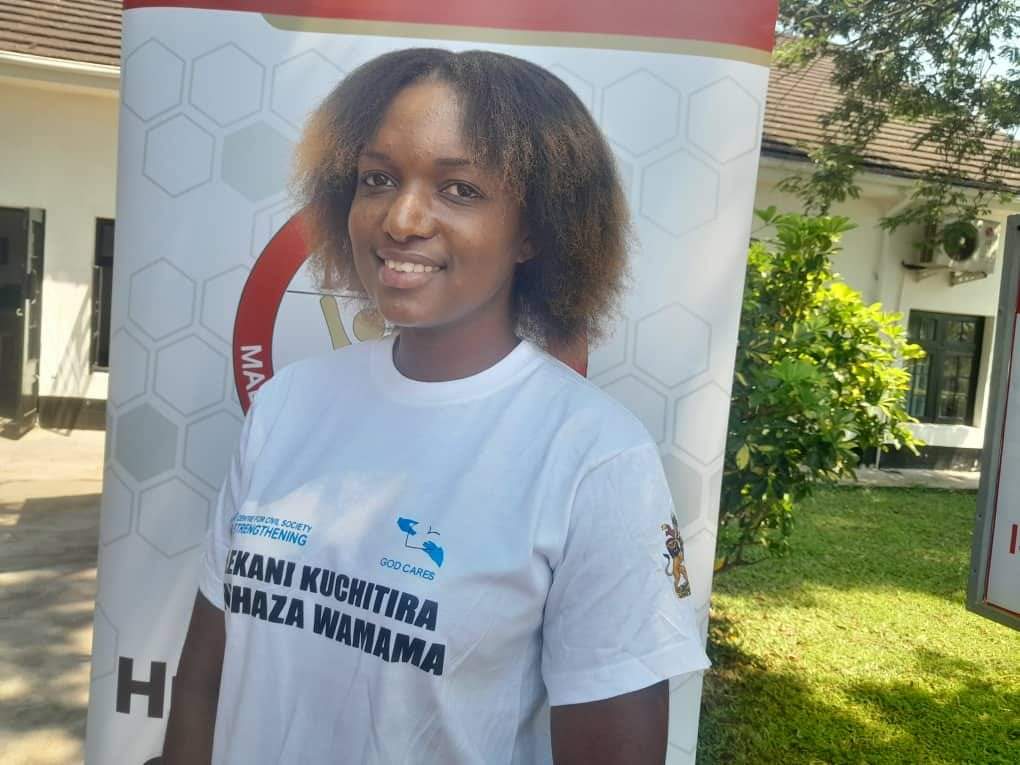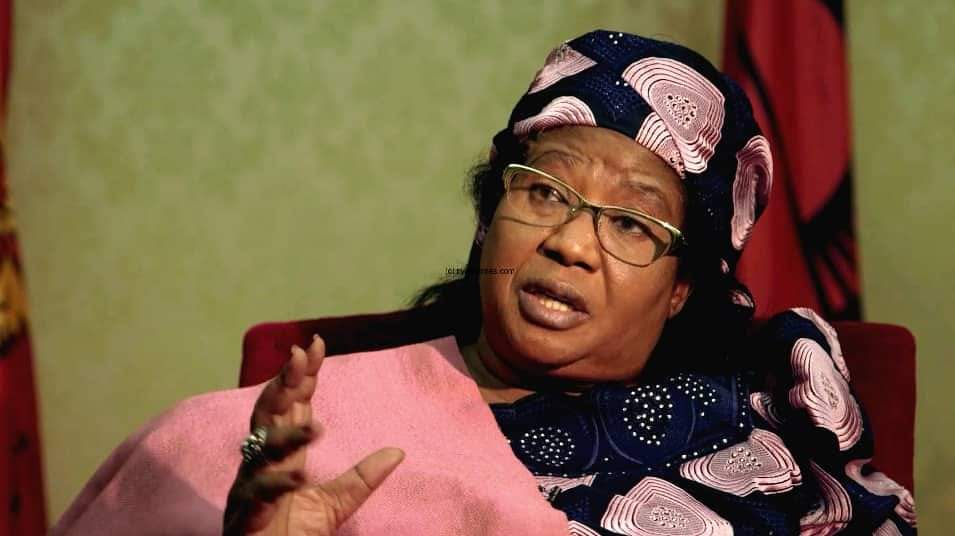By Burnett Munthali
The Malawi Congress Party (MCP), often described by its ardent supporters as a “religion,” has faced consistent electoral challenges throughout its history. Despite its strong organizational base and historical significance, MCP has never truly secured victory on its own merit, even when in government. The data is telling:
1993: 35%
1994: 33%
1999: 45% (with AFORD)
2004: 28%
2009: 28% (with UDF)
2014: 27%
2019: 35% (with PP)
2020: 59% (with UTM)
2024: 22% (projected).
This trajectory reveals a steady decline in MCP’s influence, particularly as its popularity has rarely crossed the 30% mark without alliances. Here is a detailed breakdown of MCP’s struggles over the years:
1993: The referendum loss
In 1993, Malawi held a referendum to decide between one-party and multi-party democracy. Despite MCP being in power, only 35% of voters supported one-party rule. This was a decisive blow to MCP, signaling the beginning of its decline.
1994: The first democratic elections
In the first multi-party elections, MCP resorted to intimidation tactics, including violence, disappearances, and oppressive rule. However, these strategies backfired, and MCP secured only 33% of the vote.
1999: A failed alliance with AFORD
Under Gwanda Chakuamba’s leadership, MCP attempted to rejuvenate itself by forming an alliance with Chakufwa Chihana’s AFORD. Despite this, the alliance only managed 45%, losing to UDF’s Bakili Muluzi.
2004: A bumpy ride against Bingu
In 2004, MCP hoped that Bingu wa Mutharika’s low profile would lead to an upset. However, MCP garnered only 28% of the vote, showing that its “religious” following had failed to expand its base.
2009: Another alliance, another loss
In 2009, MCP partnered with UDF’s Bakili Muluzi to challenge President Bingu wa Mutharika. This partnership also failed, with MCP once again obtaining just 28%. Crowds at rallies failed to translate into actual votes.
2014: The rise of Reverend Lazarus Chakwera
When Lazarus Chakwera took over as MCP leader, there was renewed hope. However, his sermons and charisma could not lift the party beyond its traditional base. MCP recorded its lowest-ever performance with just 27%.
2019: A fragile partnership with pp
In 2019, MCP allied with Joyce Banda’s People’s Party (PP). Despite high expectations and a general dislike for the incumbent DPP government, MCP managed only 35% of the vote.
2020: The alliance triumph
MCP’s most significant win came in 2020, not independently but through an alliance with UTM. Together, they secured 59% of the vote. However, cracks began to show as MCP quickly sidelined its partners, drawing parallels to the fate of Orton Chirwa under the Banda regime.
2024: A return to decline
Projections for 2024 suggest that MCP will drop to 22%, a sharp decline from its peak in 2020. Public sentiment is waning, with many questioning the party’s ability to lead and unite.
The “Religion” that cannot win
MCP has often been referred to as a “religion” by its supporters, emphasizing loyalty over pragmatism. However, elections are not won through unwavering devotion alone. MCP’s inability to expand its support base beyond its core voters has consistently held it back.
To win future elections, MCP must forge meaningful alliances. The party requires a partner that can provide an additional 25% of the vote. Potential allies include the DPP or UTM, but MCP must overcome its tendency to dominate and marginalize its allies.
In conclusion, while MCP remains a symbol of Malawi’s political history, its inability to evolve and embrace inclusivity may continue to hinder its prospects. Winning elections demands more than a “religion”—it requires strategy, humility, and a broader vision.




